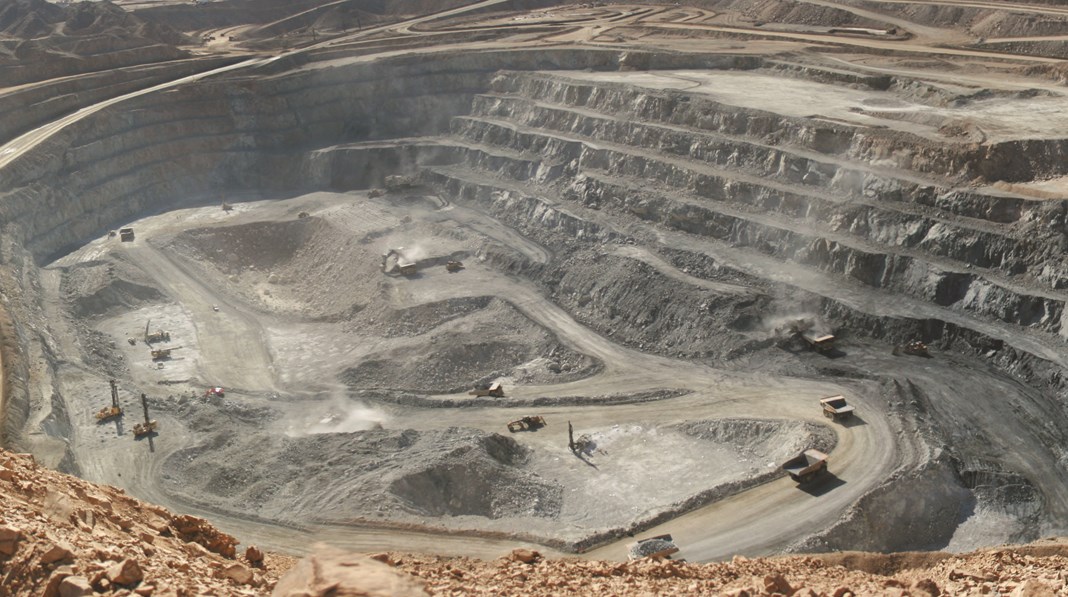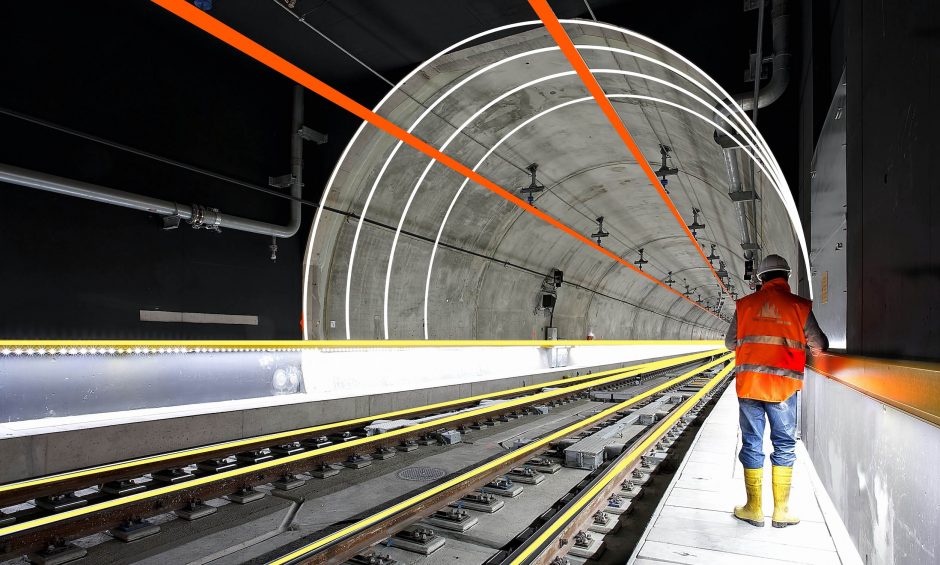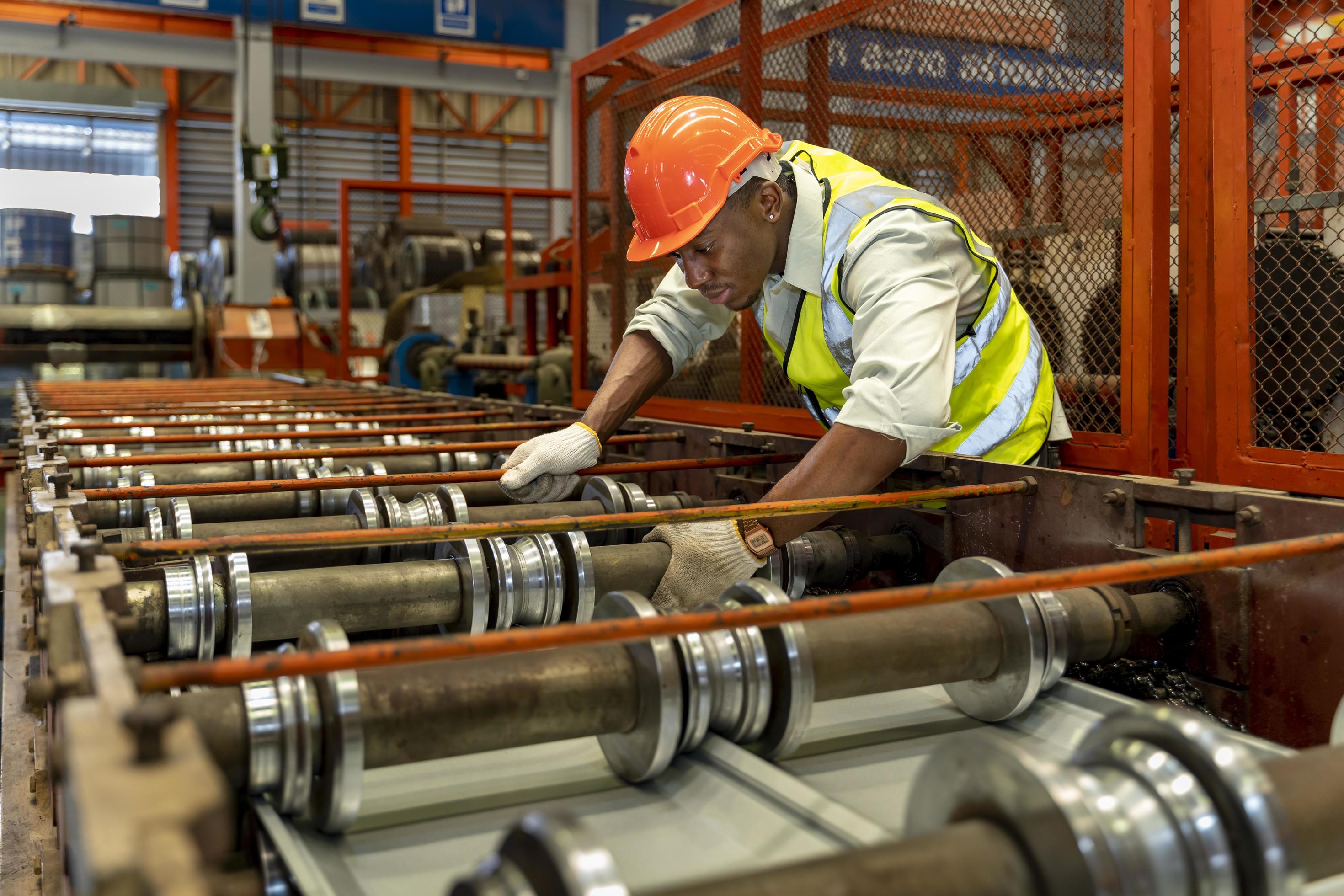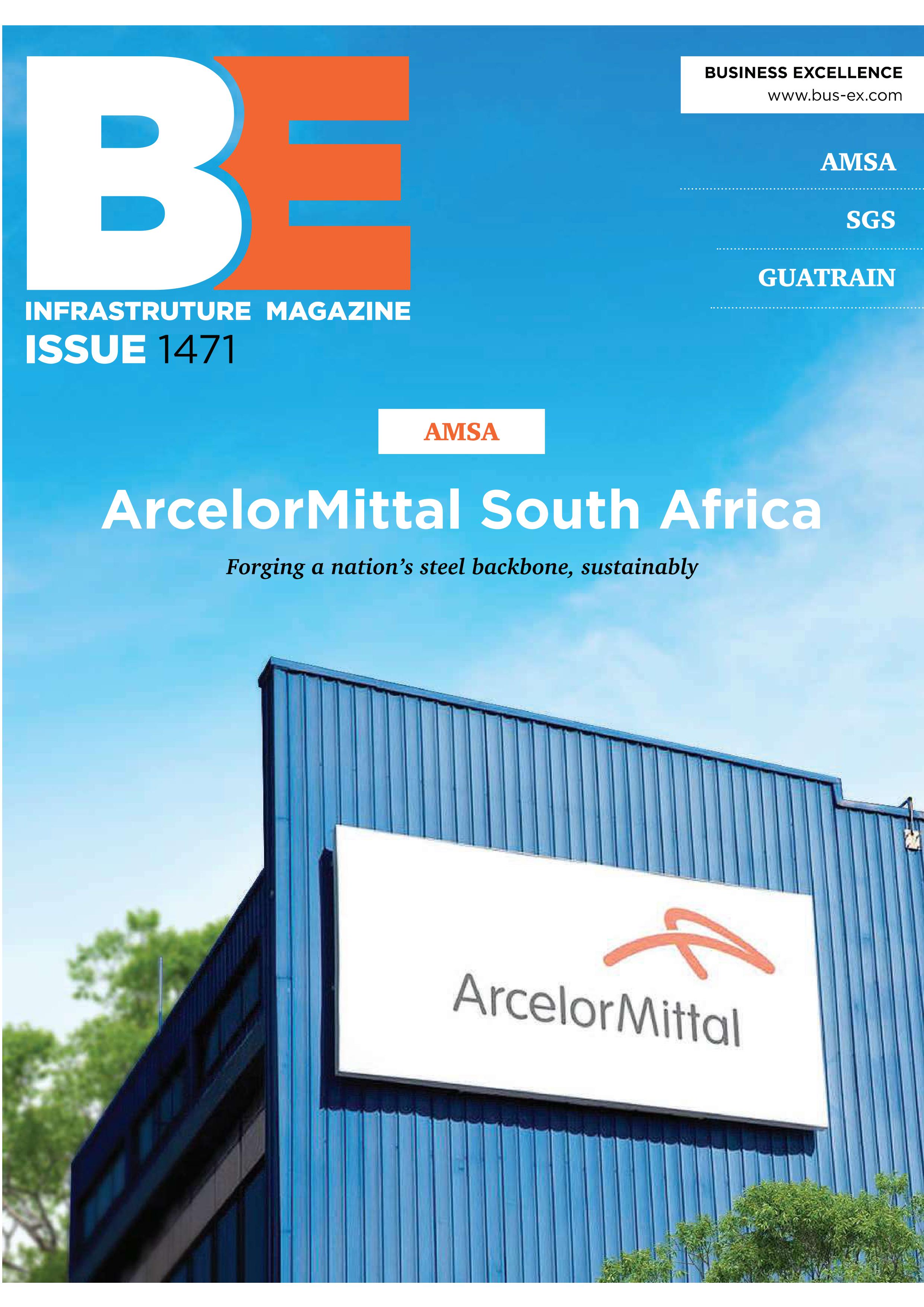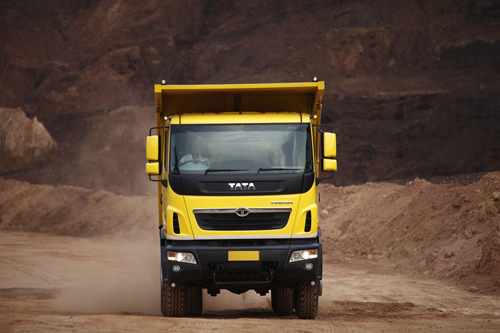
Though Tata had been selling vehicles into the Zambian market for many years prior to that through dealership agreements, it was in 1978 that the Indian industrial giant first established a company based there. This was the first to be set up in the entire continent, and though today the group's African headquarters is in South Africa, and no fewer than 14 countries have their own Tata subsidiary, Tata Zambia, which also looks after neighbouring Malawi where it has a branch office, remains the deepest ingrained and most diverse of all national subsidiaries. As Ratan Tata said himself: “The Tata group has had an emotional tie with Zambia over the years.”
That at least is the view of Pankaj Khanna, who as Executive Director of the company leads and coordinates all of Tata's interests in Zambia, where he has been based for more than 20 years. Of course he would say that, but the facts bear him out. The core business is the import, distribution and maintenance of Tata Motors' range of commercial vehicles to the public and private market – commercial vehicles and buses basically – a sector in which he jealously guards Tata's 75 percent market share of the market up to ten tons.
Before looking at the exciting plans the company has to grow its specialised contribution to the mining sector, it is worth looking at the sheer breach of Tata's commitment to Zambia. “When we first came here we were just selling commercial vehicles,” says Khanna, “but we soon started to diversify. At one time we were selling agricultural equipment and involved in farming and textiles.” Those businesses are now licensed out but Tata Zambia retains a wide portfolio under management. In a disposal of state businesses in the 1980s and 90s Tata acquired a bicycle manufacturer which is now run as an assembly operation using components from India.
Another unexpected business is the 193-room five star Taj Pamodzi Hotel in Lusaka. A part of Tata's Taj Hotels Resorts and Palaces brand, the hotel is owned by Tata Zambia and operated by the Taj Group. This is where visiting heads of state and other dignitaries stay when they visit Zambia. And if they are looking for comfortable vehicles to travel further afield, they will soon be able to visit the new Jaguar Land Rover showroom – the first JLR dealership to be awarded in Africa since Tata's purchase of the iconic brand in 2006.
That the government regards Tata as a trusted partner is nowhere better illustrated than by the fact that last year the Zambia Revenue Authority awarded Tata Consultancy Services (TCS) a three-year contract for the modernisation of its domestic tax system. This is TCS’s third revenue and tax system automation project in the African region after a successful implementation for the Uganda Revenue Authority and ongoing implementation for the Kenya Revenue Authority, though it has a track record of more than 20 tax framework implementations in India and the USA. It's an integrated and multi-tax system covering VAT, income tax, PAYE, presumptive tax, turnover tax, mineral royalty tax, excise, property transfer tax, medical levy and withholding tax. Once operational, this system is expected to transform the service delivery to taxpayers, support the country’s sixth National Development Plan. It is expected to bring about a higher degree of accountability and transparency to the entire public sector.
Tata Zambia is also in the process of expanding into chemicals and healthcare products, however mining is the mainstay of the Zambian economy and Tata Zambia taps into this industry by supplying a number of mining products. These include valves, bearings, rubber linings, graphite electrodes (used in cobalt processing) and seals. Steel, mainly plates, is supplied to the local market, and tyres are sourced from MRF in India. But the big ticket items for the mining companies are under the heading of equipment, says Khanna. “Last year we launched our Infrastructure and Construction Equipment (ICE) division, which supplies heavy equipment like graders and backhoes and excavators and dump trucks. Most of these come from India, but we also have an agreement with a company called STK in Singapore, and we are launching those products later this year.”
Under the new agreement Tata will distribute STK's TRXBUILD and LeeBoy brands of heavy construction and road construction equipment in Africa. Customers in Zambia will not only benefit from a range of equipment specially designed for the mining, infrastructure development, road construction and maintenance sectors, but will also benefit from Tata’s established customer support network. “All this equipment complements our own range,” Khanna points out. “Our truck range goes up to around 17 tons, and it is a good way to cover the market in competition with the established heavy equipment suppliers.”
This is a buoyant market. Last year the Zambian government announced a programme of renewal covering 8,000 kilometres of its roads, and Tata is busily negotiating supply and maintenance arrangements with the overseas contracting companies coming in to do this work. In the mining sector, Tata Zambia's largest single customer is First Quantum Minerals. However the majority of vehicles are currently sold to subcontractors to whom the large mining companies subcontract the work of moving personnel and materials. The vehicles it supplies are ideal for these customers, and another place Tata Zambia really scores is its ability to keep those vehicles on the road and earning. At its headquarters in Lusaka and its branch at Ndola in the Copperbelt the company maintains fully equipped warehouses and spares departments staffed by trained technicians. “Most clients bring their vehicles to us for servicing, but for some key clients we provide onsite service. At Livingstone we have an appointed dealer so they can get service locally, and over the next six months we plan to open two more centres, one in the North-Western Province and another in the Copperbelt where business is growing fast.”
Training is part of Tata's DNA, he continues. Selected staff are sent to India or to South Africa for three months at a time, and teams from these centres come in to 'train the trainers' locally. The company has a second regional training centre at Ndola, he adds, where both Tata employees and customers' staff can learn side by side about the entire product range. “It is what we feel really differentiates us in Africa. We have a brand that is known and trusted, a great track record, and a reputation built over many years.” Without these essentials, the important element of competitive pricing would be meaningless, he stresses. There's a lot of equipment available, but little that can boast Tata Zambia's level of service backup.
Written by John O’Hanlon, research by Richard Halfhide
DOWNLOAD
 Tata-Mining-Africa-Aug14-Bro-s.pdf
Tata-Mining-Africa-Aug14-Bro-s.pdf



